The North Carolina General Assembly continues to discuss potential amendments to the state Constitution this week with votes in the House and Senate. Some proposed amendments have already been approved by both chambers to appear on the November ballot.
Most are being sponsored by GOP lawmakers, including amendments creating voter ID laws, lowering the cap on income taxes and shifting judicial appointment power to the legislature.
Chair of the Orange County Board of Commissioners Mark Dorosin spoke with WCHL’s Aaron Keck on the amendments last week. As a Democrat, Dorosin said he views these proposals as last-ditch efforts by Republican lawmakers.
“All of those amendments will have really devastating impacts for the state,” said Dorosin. “The attempt to enshrine them in the constitution is to prevent a future legislature from changing those laws.”
Dorosin was critical of the voter ID amendment, saying it would need to be vastly different from the law struck down by a federal appeals court ruling in 2017. In the decision, the court deemed the ID law as unconstitutional and tailored against African Americans.
Dorosin also voiced his opposition to lowering the income tax cap. He said dropping it from 10 percent to 5.5 percent would greatly restrict the state and cause other areas to receive cuts if a recession occurred.
“This is a legislature that has focused its tax-cutting energies on programs directed toward helping the neediest in our communities,” said Dorosin. “They cut the earned income tax credit; they cut unemployment benefits. We now have the stingiest unemployment benefits in the country. There’s no doubt that, should revenues become constricted further, it will be those programs that continue to get cut.”
Ultimately, Dorosin criticized the mentality behind these amendments, saying they are attempts of GOP lawmakers to dilute any incoming Democratic power ahead of this November’s elections.
“It’s one thing to have policy disputes about what’s the best policy,” he said, “but it’s another to try to manipulate the rules. The voter ID law and these judicial appointments that give the legislature the power really undermine the process itself.”
The proposed amendments need three-fifths of the vote in each of the North Carolina chambers, which equals 72 votes in the House and 30 votes in the Senate. Any amendments that pass would then be seen on the ballot by all North Carolina voters in November.
Related Stories
‹
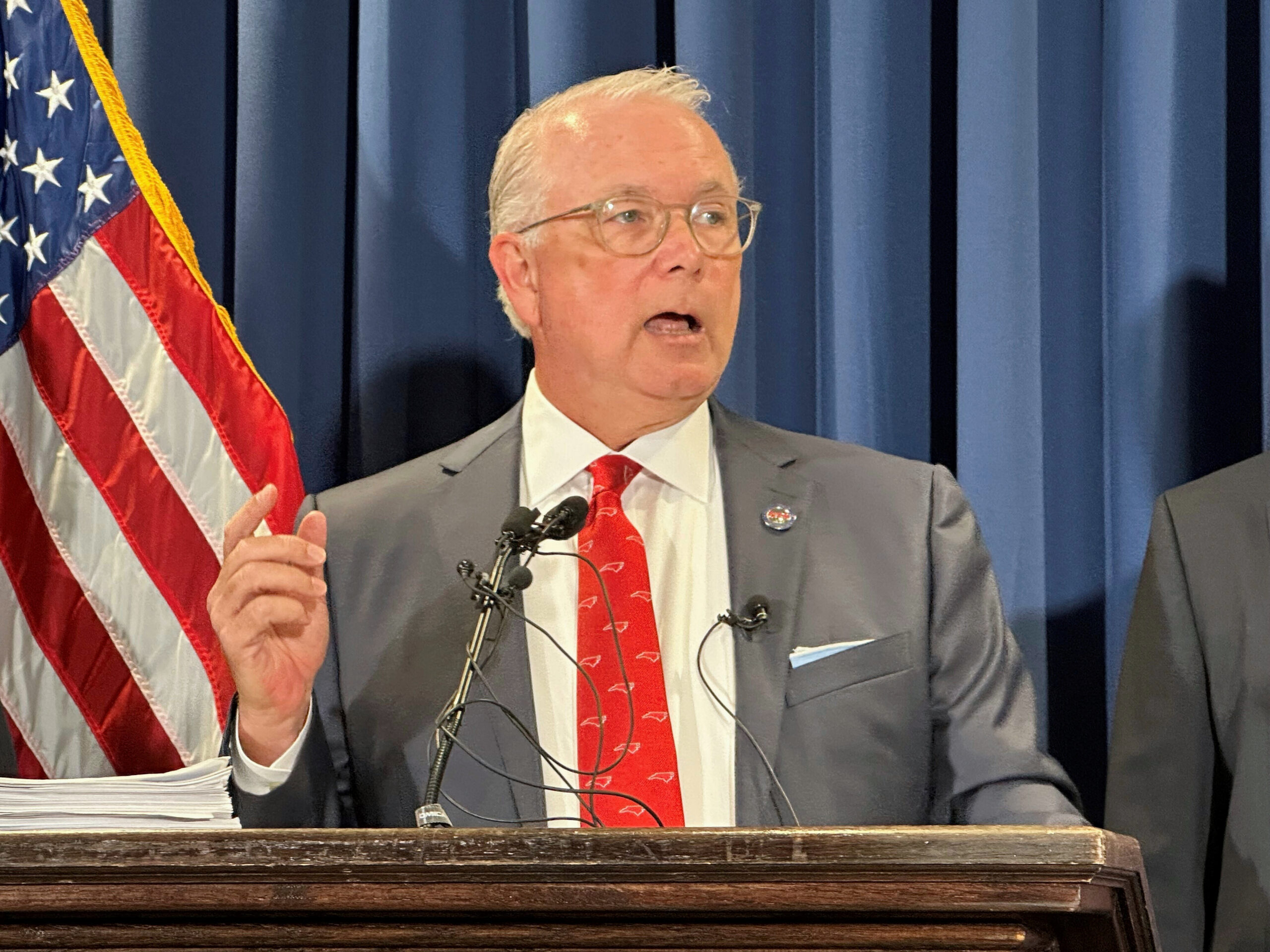
North Carolina DMV Audit Recommends Reforms To Reverse Customer Wait Times, Worker MoraleState Auditor Dave Boliek on Monday released two audits totaling nearly 600 pages that scrutinize the North Carolina DMV and offer changes.
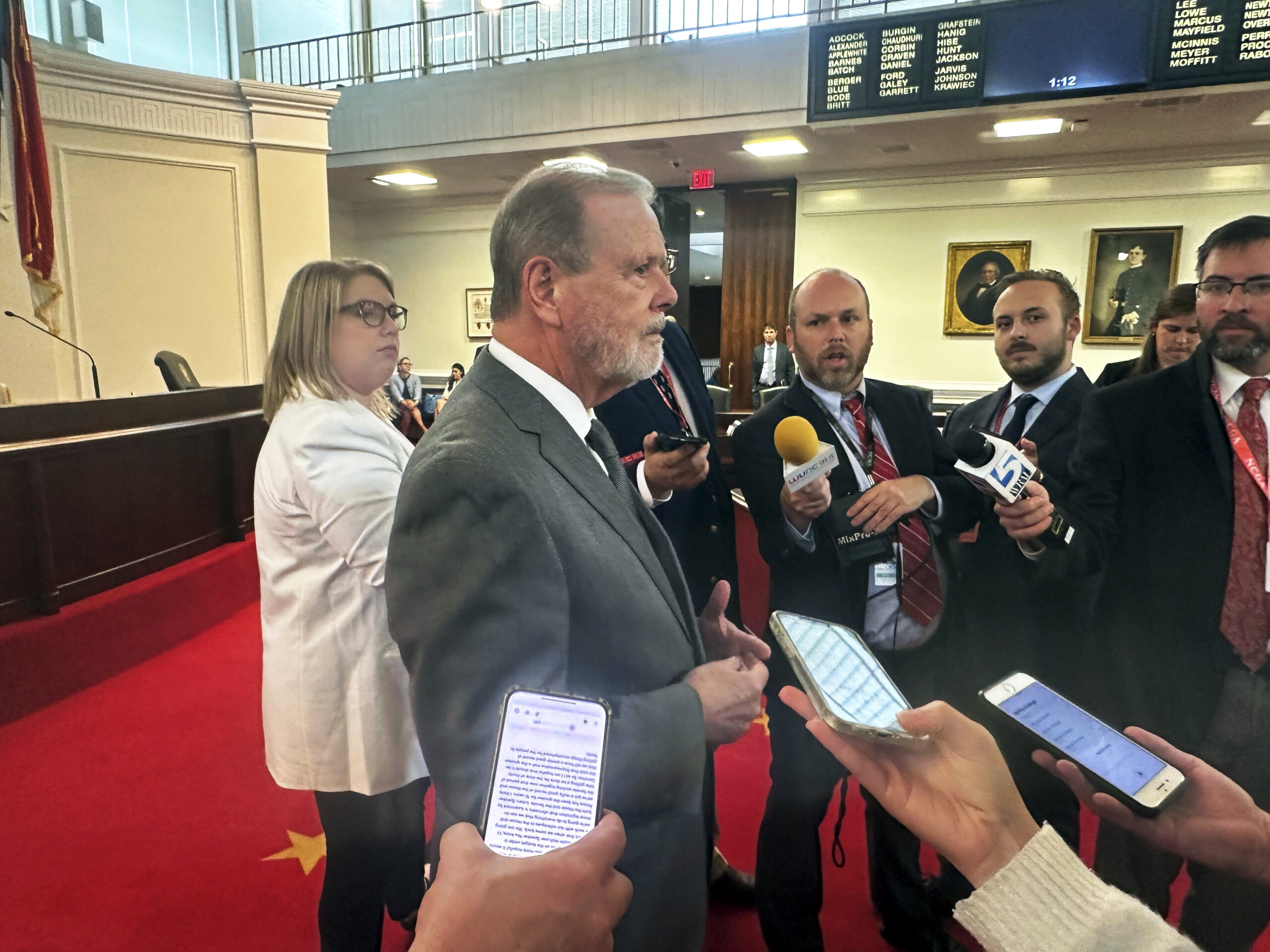
North Carolina Legislators Leave After Veto Overrides, Ballot Question, Unfinished BusinessThe North Carolina General Assembly wrapped up this year's chief work session Thursday, but still lack a budget amendment measure.
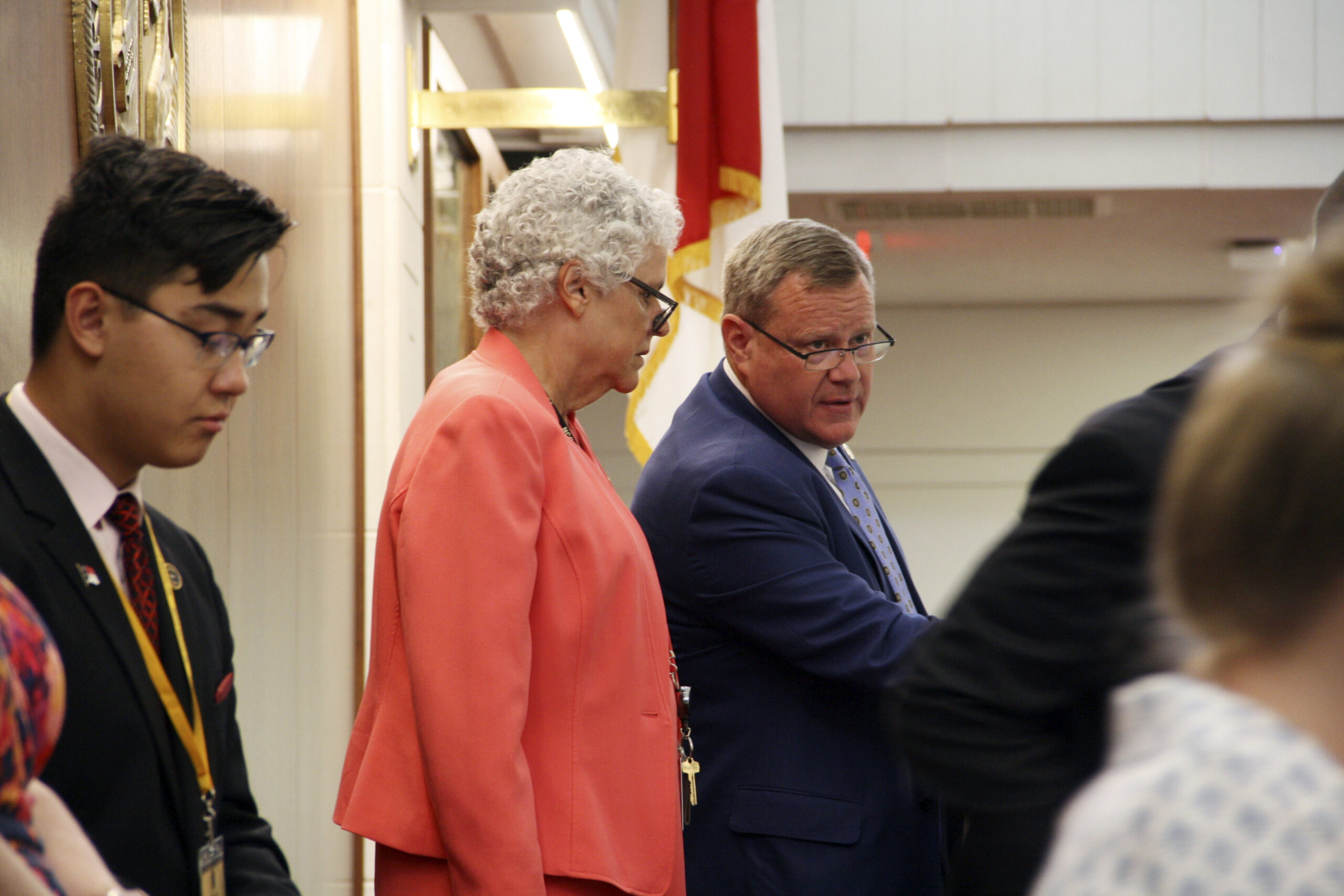
North Carolina Legislators Consider Vetoes, Constitution Changes as Work Session Winds DownThe North Carolina General Assembly raced Wednesday to advance legislation before completing its chief working session for the year
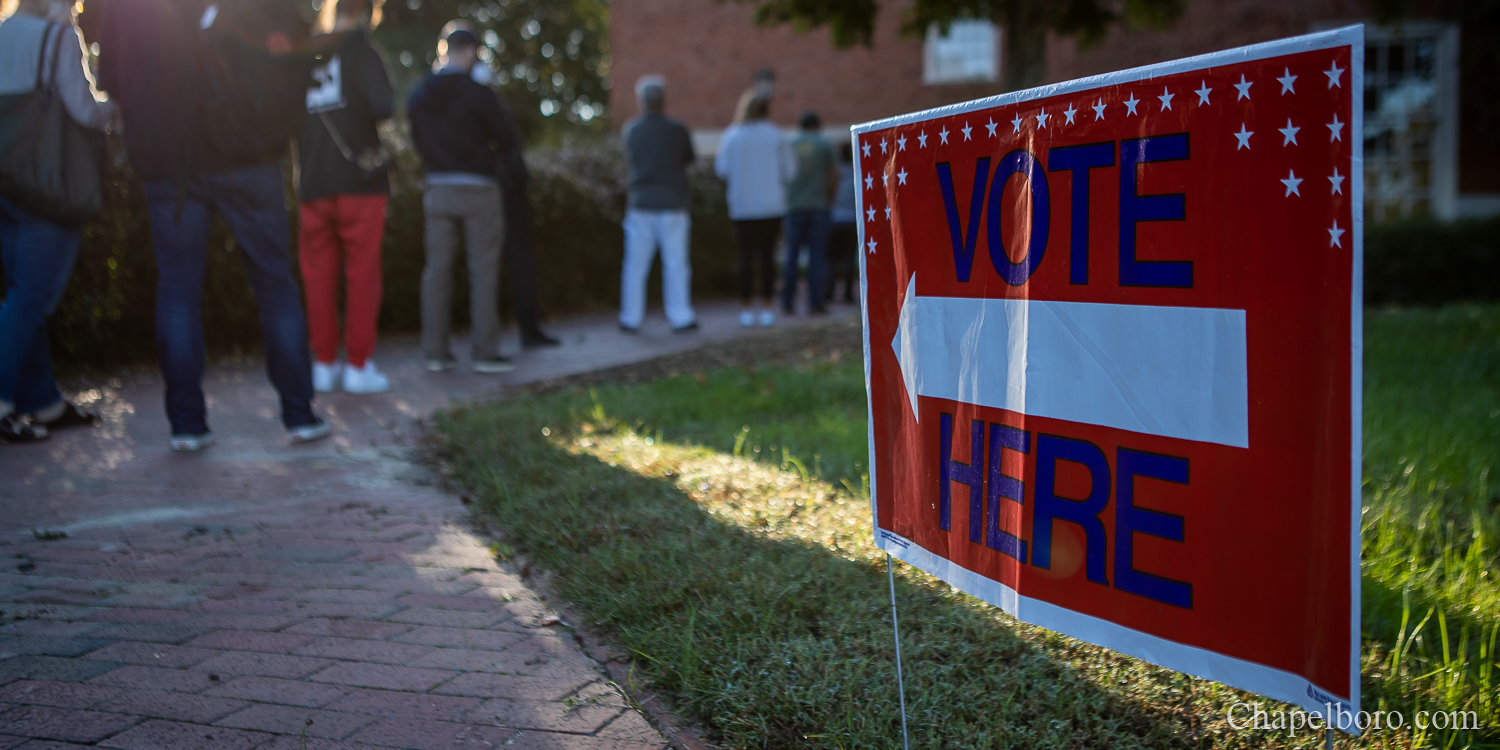
North Carolina Republicans Seek Fall Referendum on Citizen-Only Voting in ConstitutionNorth Carolina Republican legislators advanced a proposed constitutional amendment to make it clear only U.S. citizens can vote in the state.
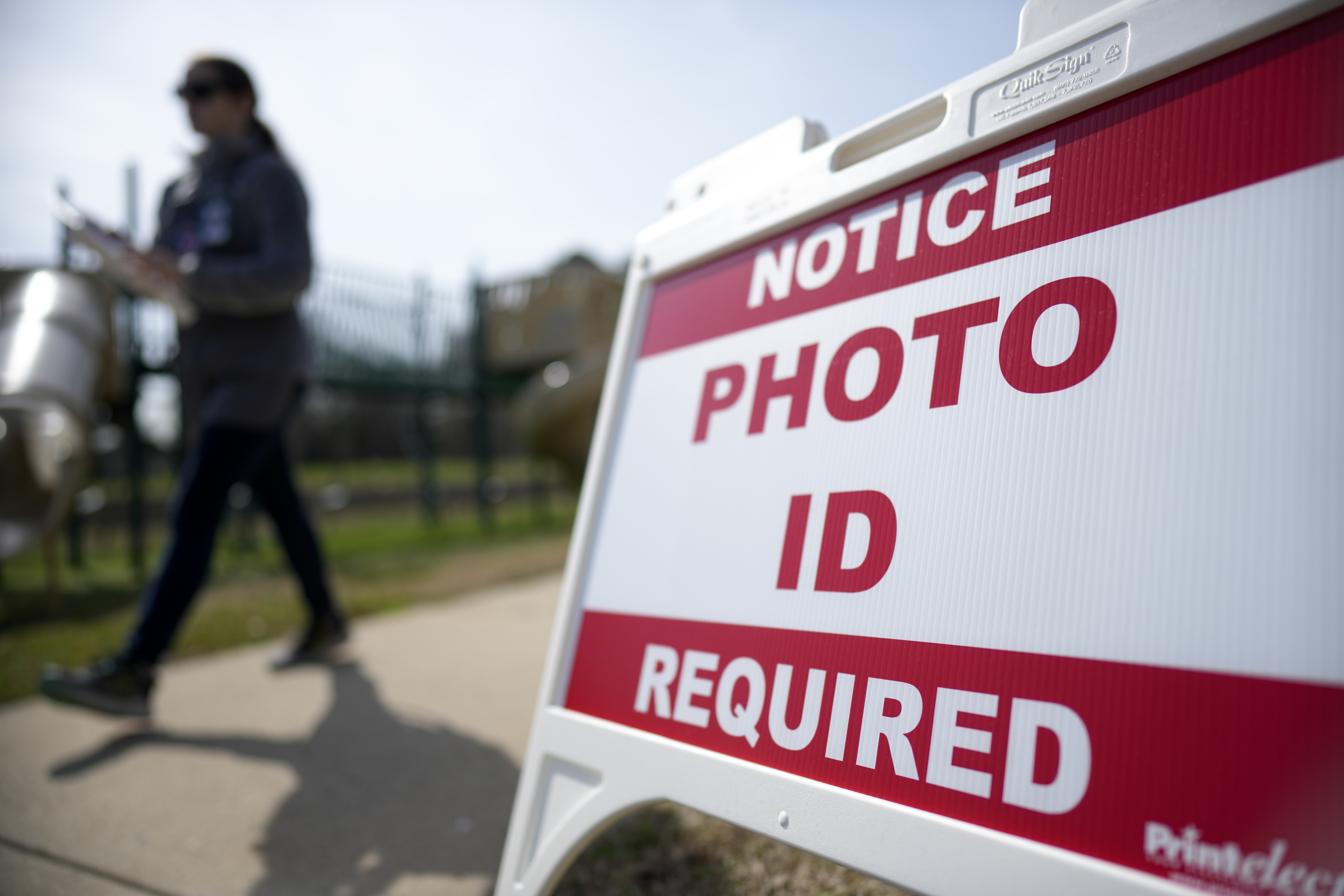
Challenge to North Carolina’s New Voter ID Requirement Goes to TrialTrial in a federal lawsuit challenging North Carolina's new voter identification law finally began on Monday, with a civil rights group alleging its photo requirement unlawfully harms Black and Latino voters.
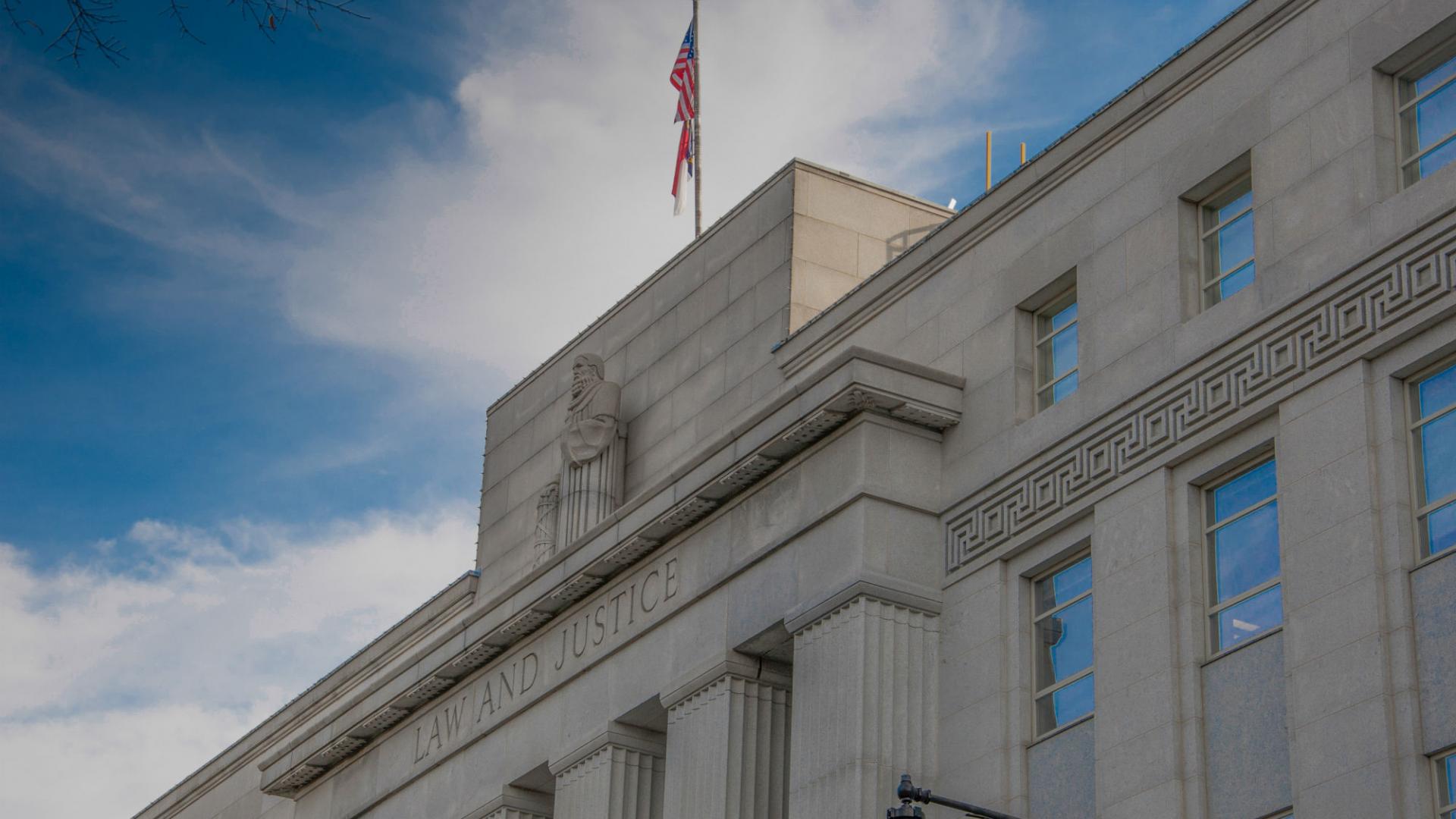
N. Carolina Justices Hand GOP Big Wins with Election RulingsWritten by GARY D. ROBERTSON In massive victories for Republicans, the newly GOP-controlled North Carolina Supreme Court on Friday threw out a previous ruling against gerrymandered voting maps and upheld a photo voter identification law that colleagues had struck down as racially biased. The partisan gerrymandering ruling should make it significantly easier for the Republican-dominated legislature […]

Court Opens Door To Voiding N. Carolina Voter ID AmendmentWritten by JONATHAN DREW and GARY D. ROBERTSON North Carolina’s highest court opened the door Friday to nullifying a voter ID mandate approved by citizens in 2018 because the lawmakers who put it on the ballot were elected from districts tainted by illegal racial bias. However, the North Carolina Supreme Court stopped short of striking […]
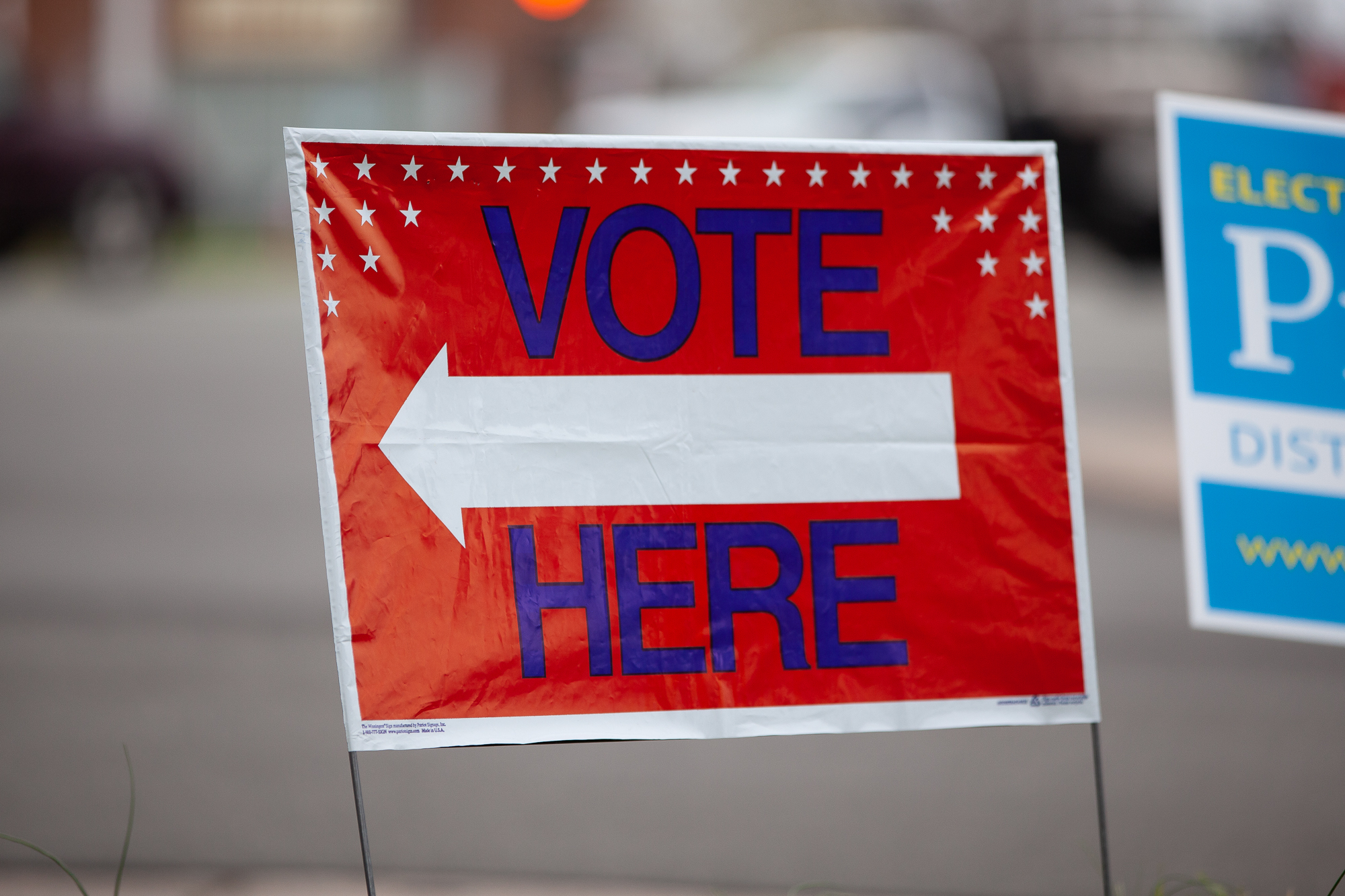
NC Republicans Try Again to Dislodge Voter ID From CourtsNorth Carolina Republican legislative leaders are trying to reinstate the implementation of a voter photo identification requirement. Attorneys for the GOP legislators have filed a motion asking trial court judges to lift an order that blocked enforcement of a 2018 law that laid out the rules for voter photo ID while a state lawsuit filed […]
![]()
NC Lawmakers Propose Wide Range Of Voter IDsThe proposal would allow voters to use several forms of ID, including state university IDs and a new photo ID that elections boards would offer free.
![]()
Donald Trump, HB2, And The Soft Bigotry Of Low ExpectationsDonald Trump and House Bill 2 are both symptoms of the same disease.
›








